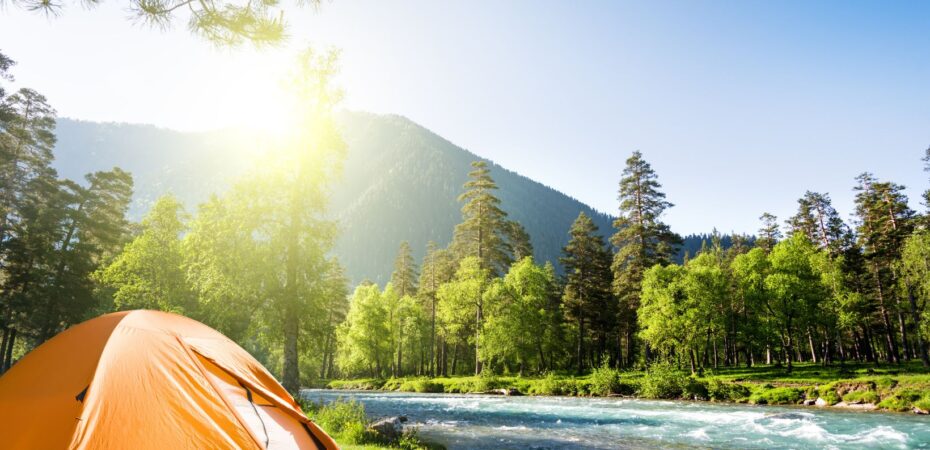Camping can be one of life’s most enjoyable experiences, but it also comes with many challenges. Lugging around heavy gear is one of them – and this is even more difficult when you are traveling solo.
If you find yourself struggling, it may be worth taking on a minimalist approach. With careful planning, you can enjoy everything the great outdoors has to offer with just the bare essentials.
Sound interesting? Below we are going to discuss exactly how you can pack light on your next camping trip.
Choose Multi-Purpose Gear
One of the best ways to cut down on your overall weight is by choosing multi-purpose gear. Items that can serve more than one function are invaluable in a minimalist setup and can greatly reduce the number of items you need to carry.
If you plan on hunting, pay careful attention to the equipment that you choose. Despite what you may believe, you can break down most game with just a few tools. You can read more about how to field dress a deer without a bone saw here.
Prioritize Essential Items
Another great tip is to make a checklist in advance of essentials such as shelter, food, water, and appropriate clothing. It’s best to stick with the basics and avoid packing items “just in case”, as you probably won’t use them.

If something doesn’t have a specific purpose, consider leaving it behind. This can be hard when it comes to entertainment, but think about how you will actually be spending your time. In most cases, one good book is all you will need!
Plan Ahead
Before you even start packing, take some time to plan your trip carefully. Research the weather, conditions, terrain, and available resources at your chosen campsite.
Knowing what to expect with help you pack only what you need. If you don’t think you’ll be able to downsize based on the conditions, start looking at other camping locations.
Opt for Lightweight Materials
If you’re going to be hiking or walking a reasonable distance to your campsite, always choose gear that is made from lightweight materials. These should be high-quality and durable but won’t add a lot of extra weight to your pack.

For sleeping bags, down-filled options are usually very light and compressible. For tents, nylon or polyester designs with aluminum poles are recommended.
Practice Your Setup
Finally, before heading out, practice setting up your gear in your own backyard. This will ensure that you know how to use everything efficiently and you can identify any missing items.
Don’t forget to prepare yourself meals too, just like if you were out in the field. Trust us when we say, you’ll be thankful for it!
Final Words
Minimalist camping can transform your outdoor experiences, making them more enjoyable and less cumbersome. The key is to plan ahead and take time to pack your essentials.
With a bit of preparation and hard work, you’ll soon be relaxing on your next big adventure. Good luck!


 By
By 





